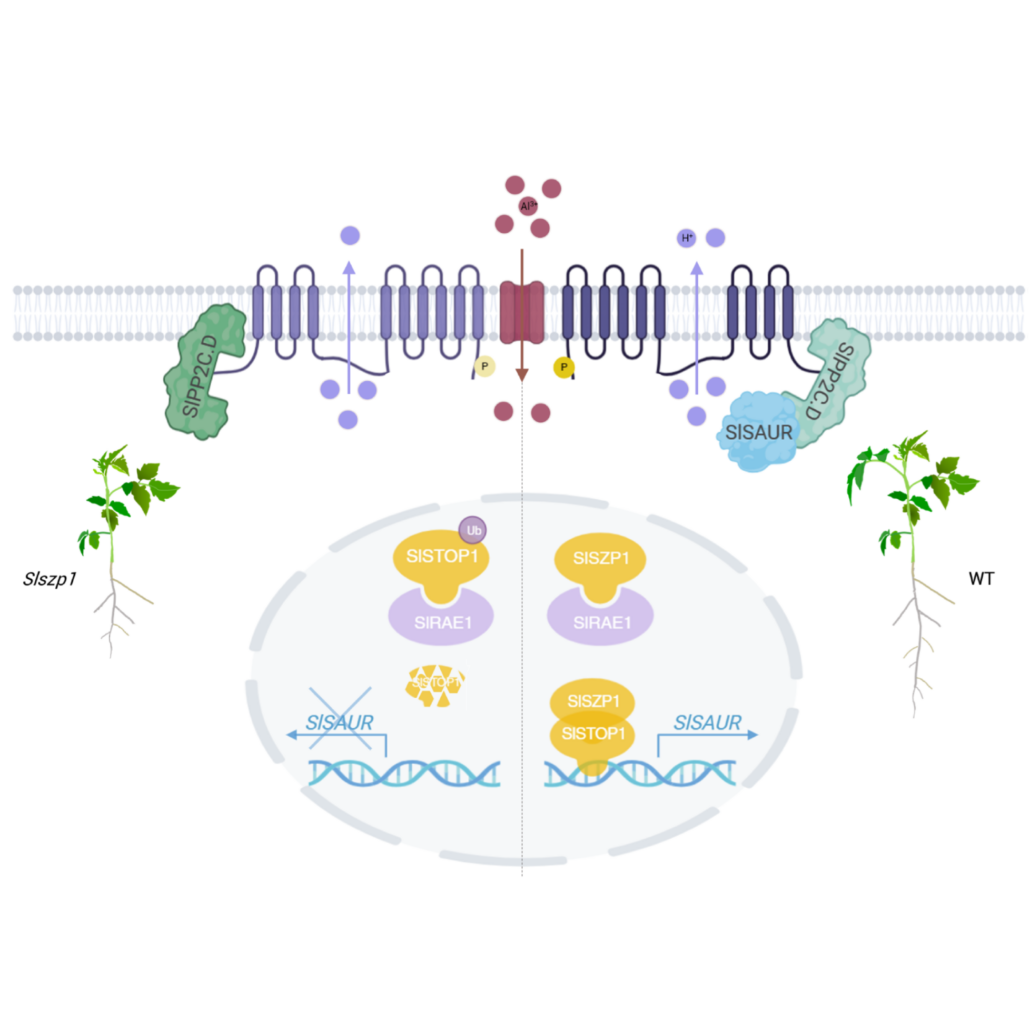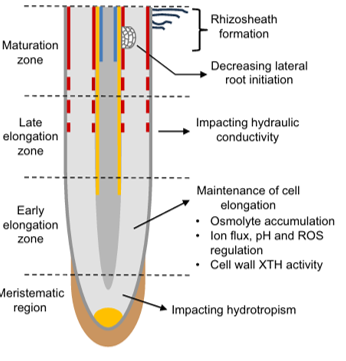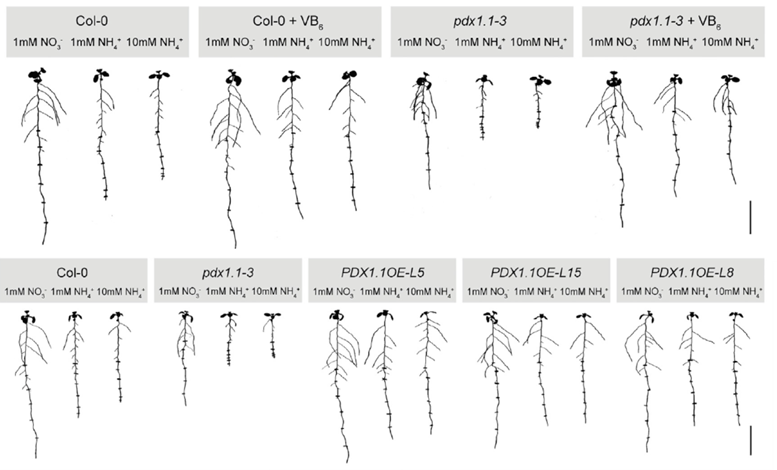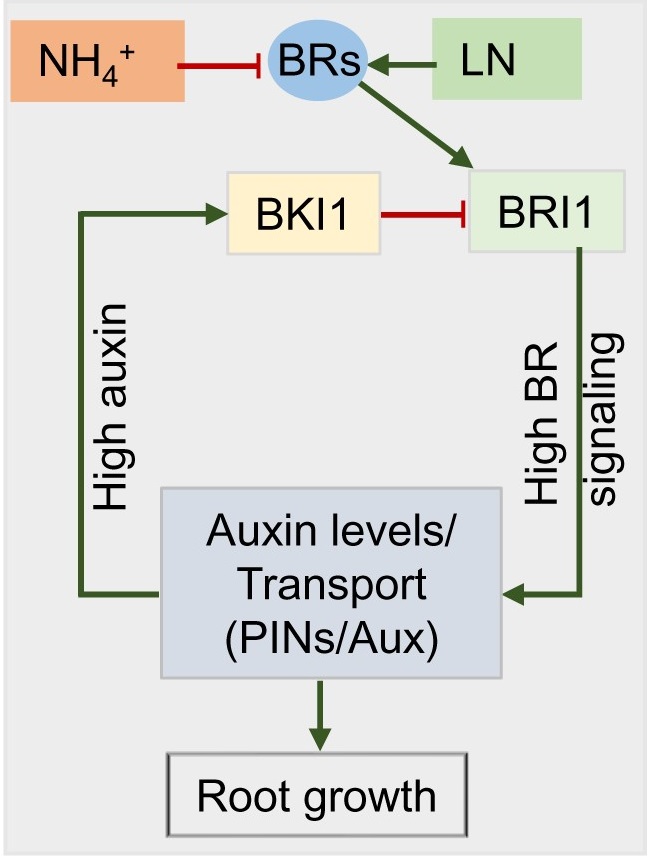
Tomato SAURs regulate root elongation under Al stress
Plant Science Research WeeklyIn acidic soils, aluminum (Al) toxicity is a major problem that causes a dramatic arrest in root elongation. Aluminum tolerance can include the secretion of organic acids and the sequestration of Al in internal cellular compartments. Here, Dong et. al shed light on a new pathway that alleviates the inhibition…

Review: Root growth in response to water stress
Plant Science Research WeeklyMaintaining root growth is a major plant adaptation to water deficit, enabling continued access to soil water. In a recent review, Voothuluru et al. discuss the inherent complexity of root systems in regard to water stress. Different root types, including primary, seminal, and nodal roots, show varying…

Lateral root branching promoted by ammonia borane-dependent H2
Plant Science Research WeeklyMolecular hydrogen (H2) has been shown to have several cellular benefits, most notably serving as an antioxidant. Its effects in humans and plants have been primarily assayed using hydrogen-rich water (HRW, produced by bubbling H2 into water), but slower, more persistent release of H2 has been demonstrated…

PDX1.1-dependent vitamin B6 synthesis alleviates ammonium toxicity-associated ROS production (Mol Plant)
Plant Science Research WeeklyAmmonium is a nitrogen form preferred by many plant species. However, high ammonium concentrations lead to decreased primary root elongation due to membrane depolarization and lower apoplastic pH. Liu et al. report that ammonium toxicity results in iron-dependent reactive oxygen species (ROS) production…

Nitrogen form dependent root foraging is regulated by auxin and brassinosteroid signaling (Plant Physiol.)
Plant Science Research WeeklyRoot growth is highly sensitive to nitrogen (N), and affected by both the form and distribution of N. The hormone auxin is a major player in root growth response to N heterogeneity. Devi et al. report on the intricate interplay of auxin and brassinosteroid (BR) signaling in determining the root growth…

Psst! Pass it on: How the message to make a new root alters gene expression
The Plant Cell: In a NutshellGala et al. perform single cell RNA sequencing to reveal molecular details about lateral root initiation.
By Amy Lanctot, Hardik Gala, Jennifer Nemhauser
University of Washington, Seattle, WA 98195
Background: Roots anchor the plant in place and allow it take up needed water and nutrients.…

